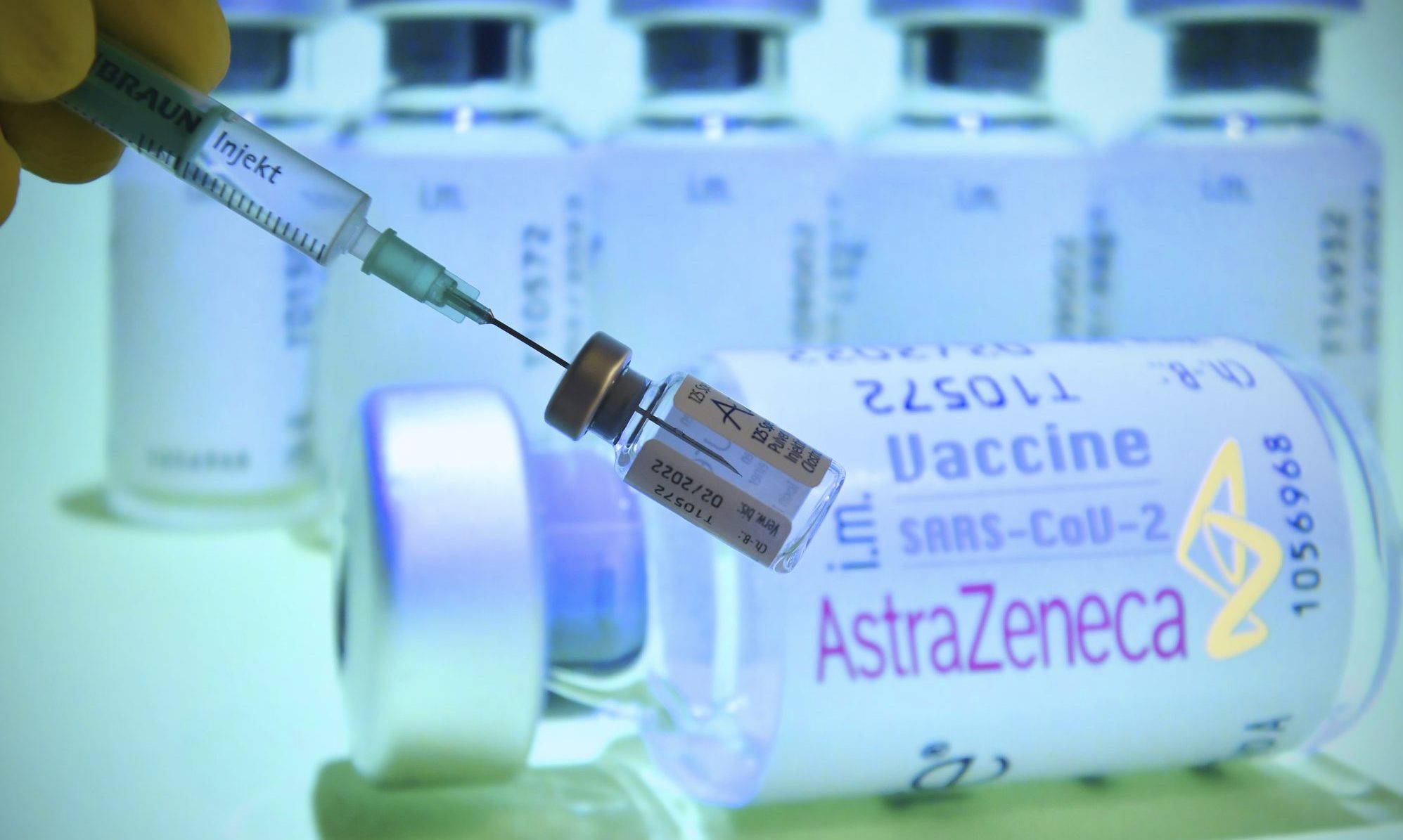The Oxford/AstraZeneca vaccine will be tested in a new trial after questions over its data

The news: The Oxford University/AstraZeneca vaccine will be tested in a new global trial, AstraZeneca’s CEO, Pascal Soriot, has told Bloomberg. Previously it had been expected to just add an arm to its existing US trial. The news comes amid criticism of the way it has collected and presented its data so far.
The specifics: An announcement on Monday that the Oxford/AstraZeneca vaccine could protect up to 90% of people against coronavirus generated huge excitement. It was the third vaccine candidate reporting positive results and held particular promise for poorer nations, as it is cheaper than the Moderna and Pfizer/BioNTech candidates and can be stored at fridge temperature.
However, the 90% claim came into question after it was pointed out the vaccine’s overall efficacy was 62 to 70% in trials in Brazil and in the UK, while the 90% figure was reached only among fewer than 3,000 participants who were given a lower dose as a result of an error. Researchers can’t explain why the accidental lower dose proved more effective. So AstraZeneca plans to run another trial, testing just this lower-dose regimen. “Now that we’ve found what looks like a better efficacy we have to validate this, so we need to do an additional study,” Soriot told Bloomberg. He said that because the efficacy is high, a smaller number of patients would be needed.
Age issues: There are also concerns that the low-dose group didn’t include anyone over the age of 55, so this second trial should give researchers the chance to confirm the vaccine’s efficacy in older populations. The US Food and Drug Administration may also demand more data from a wider range of ethnicities, ages, and genders before it grants approval. The full peer-reviewed data from the original trial is set to be published in The Lancet in the coming days.
Deep Dive
Biotechnology and health
How scientists traced a mysterious covid case back to six toilets
When wastewater surveillance turns into a hunt for a single infected individual, the ethics get tricky.
An AI-driven “factory of drugs” claims to have hit a big milestone
Insilico is part of a wave of companies betting on AI as the "next amazing revolution" in biology
The quest to legitimize longevity medicine
Longevity clinics offer a mix of services that largely cater to the wealthy. Now there’s a push to establish their work as a credible medical field.
There is a new most expensive drug in the world. Price tag: $4.25 million
But will the latest gene therapy suffer the curse of the costliest drug?
Stay connected
Get the latest updates from
MIT Technology Review
Discover special offers, top stories, upcoming events, and more.